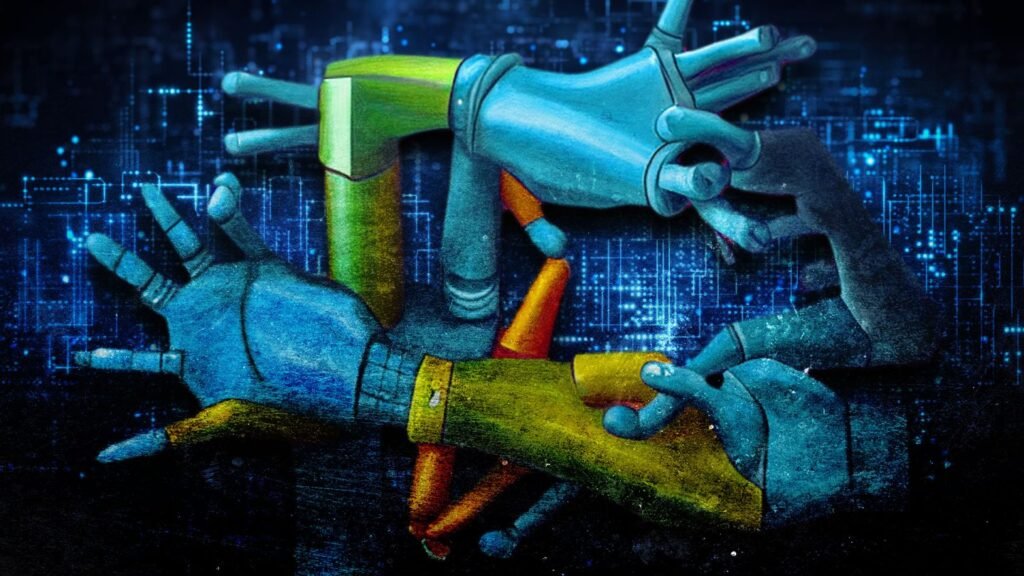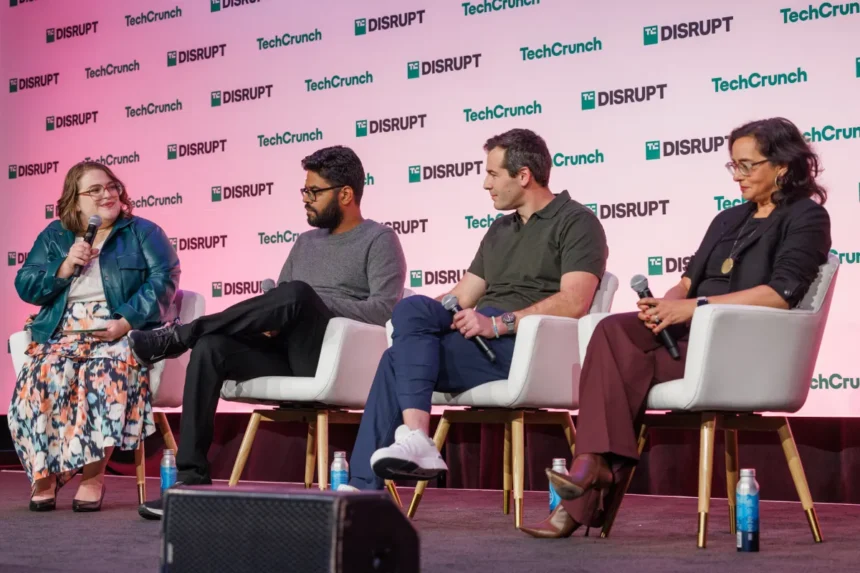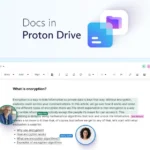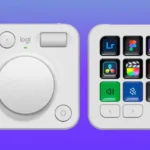Mikey Shulman, CEO of Suno—a generative AI music company—found himself in an unexpected setting: a songwriting class at Berklee College of Music. For a tech founder immersed in AI’s frontier, Berklee, a historic center of music, might seem like a lion’s den, especially given the tensions AI has stirred among artists. Yet Shulman entered the classroom with an open mind and an unconventional pitch.
“The approach of just walking in there and saying, ‘Don’t worry, there’s no disruption here, everything is fine,’ is probably not the right approach,” Shulman admitted onstage. Rather than dismiss concerns, he invited students to engage with Suno’s AI tools, allowing them to see firsthand what it’s like to craft a song with AI as a collaborator.
Shulman’s hope? That artists might view AI as an empowering ally rather than an encroaching competitor. “You realize that it’s actually quite an empowering tool, viewed in a slightly different light,” he noted. This reframe, however, is far from universally accepted.
AI as a Creative Companion, Not a Replacement
AI advocates often draw parallels to the emergence of past technology in creative industries—think of how the drum machine or synthesizer transformed music production without entirely replacing musicians. Many believe that AI can augment creativity, helping artists explore new realms of possibility. But some artists feel differently. They argue that AI models trained on their work without consent can replicate styles, effectively offering companies a product made from their unique contributions. This tension is particularly high-stakes, as some of the most advanced AI tools in music, video, and image generation are finding their way into mainstream creative processes.

Yet, proponents like Shulman see these technologies as a natural evolution. “I challenge somebody to tell me that photography is somehow less valuable now than it was 50 years ago,” he said, watching as audience members took snapshots and videos with their iPhones. His point underscored the fact that accessibility often fuels rather than diminishes creativity. The accessibility of AI, he argued, would eventually empower anyone with a creative vision.
Amit Jain, CEO of Luma AI, added to this notion: “Technology is not done, or any technological arc is not done until it is in the hands of literally every single person.” The democratization of tools has always been one of technology’s promises, and the potential here, advocates believe, could unleash creativity in ways we haven’t yet imagined.
Quality and Craftsmanship in the Age of Ubiquity
It’s true that digital photography is more accessible and widespread than ever before. Smartphones have granted nearly everyone the power to capture moments instantly, potentially diminishing the demand for professional photographers. But while everyone can take photos, not everyone can produce the same caliber of work that a professional photographer can achieve.
“I think those people who have taste and who have skill will be able to do so much more,” Jain stated, suggesting that AI tools would augment—not replace—the work of skilled artists. By equipping them with powerful new instruments, AI could help seasoned professionals expand their artistry, reaching heights previously unimaginable.
Companies like Splice, a longstanding ally of musicians, exemplify this approach. Kakul Srivastava, CEO of Splice, noted that while their company has been empowering musicians for years, they’ve only recently integrated AI tools. “Over the last couple of years, we’ve launched these new AI-based tools that really help our customers take their craft to the next level,” Srivastava explained. By giving musicians access to AI-enhanced features, Splice aims to help artists streamline their workflow, ideate faster, and bring their visions to life in a more refined way.
Navigating Legal and Ethical Turbulence
Despite the enthusiasm among some companies and creators, the entertainment industry remains deeply divided. Hollywood’s writers went on strike, demanding safeguards against AI encroaching on their jobs. The music industry, too, has witnessed friction, with record labels launching lawsuits against AI companies for allegedly using copyrighted material to train their models. Suno, the very company Shulman leads, has been embroiled in these legal battles, facing accusations from labels concerned about their artists’ intellectual property.
At the same time, industry titans like Timbaland have joined Suno as strategic advisors, a testament to AI’s growing foothold in creative spaces. The tension between innovation and regulation is palpable, yet some leaders in the industry remain optimistic.
Srivastava, for one, acknowledged the possibility of disruption but suggested that AI might actually open the door for more people to explore their creative potential. “Maybe there will be jobs lost, but I actually think that there will be more art created, because more of us will have the ability to bring that truth out to life,” she said. In her view, the broad accessibility and versatility of AI tools might not just change how art is made but also who gets to make it.
Will AI Fuel a Renaissance or a Reckoning for Artists?
As AI tools evolve, the question of who benefits—and who might be displaced—is one the creative community must address. If AI can replicate a certain artistic style, will clients still value a human touch? How will industries, like Hollywood and music, adapt to the presence of AI-enhanced creators? The future remains uncertain, but one thing is clear: the conversation around AI and artistry is only just beginning.
For artists who embrace AI, the technology might become a springboard for bolder, boundary-pushing work. Those with an established skill set may find themselves empowered, capable of producing more intricate and imaginative pieces. However, for those who fear replacement, the rise of AI can feel more like a threat than an opportunity.
In this unfolding narrative, each artist, creator, and industry leader will play a role in defining AI’s impact on the creative process. As AI becomes as ubiquitous as the smartphone camera, the hope among AI advocates is that it will drive a new era of expression and accessibility in art. Whether AI ultimately reshapes art for better or worse, though, depends on the choices we make—and the values we uphold—right now.










